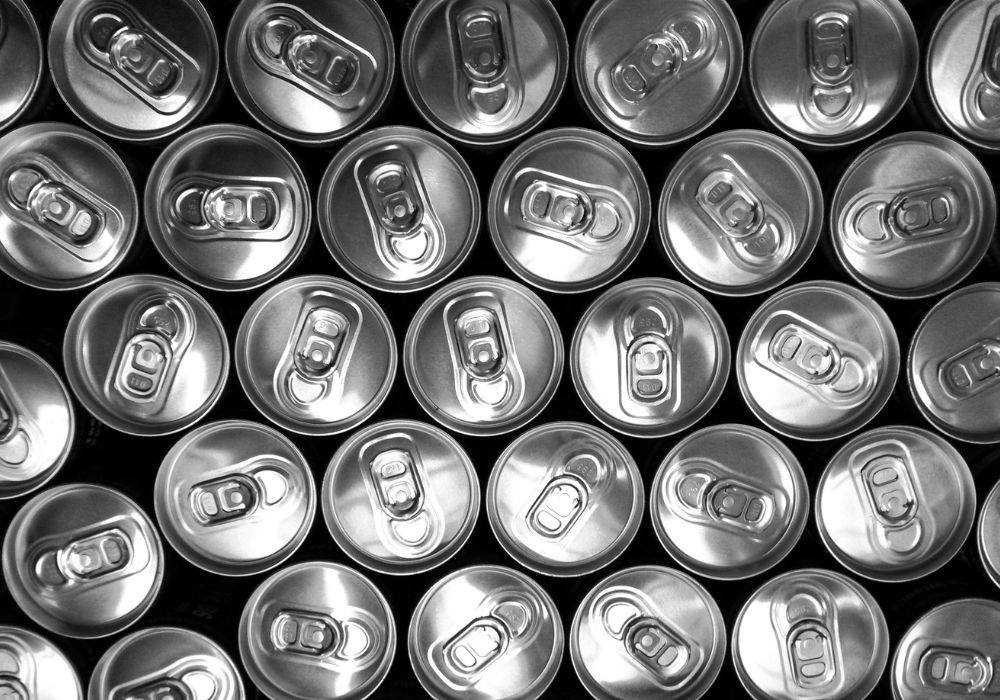

On May 29, 2025, the International Aluminium Institute (IAI) announced its collaboration with the World Business Council for Sustainable Development (WBCSD) to facilitate a smooth and efficient transition of the industry to a circular economy. With this collaboration, both firms shall focus on improving the aluminium beverage can collection systems and validating closed-loop recycling.

Collaboration focus
The collaboration between the two firms has been done by constituting two major initiatives, which are WBCSD's Critical Materials Collective and IAI's Global Beverage Can Circularity Alliance (GBCCA).
IAI and WBCSD will design aluminium products which would be easy to recycle as well as prevent downcycling and attain good quality recycled aluminium covering the entire value chain. The GBCCA initiative of IAI will enhance the collection of aluminium beverage cans and Critical Materials Collective will escalate the recovery of high-quality aluminium scrap without losing valuable material.
The Senior Director of Circular Products and Materials at WBCSD stated, “Although 75 per cent of all aluminium ever produced remains in use, 71 per cent of mixed scrap is downcycled, limiting its potential for reuse in high-performance applications.”
He added, “By combining the GBCCA’s leadership in beverage can recovery with WBCSD’s Critical Materials Collective, we can unlock high-quality secondary materials, reducing energy by up to 95 per cent compared to primary aluminium. Together, our aligned efforts and cross-value chain expertise can scale closed-loop systems, reduce waste, and accelerate global decarbonisation.”
This initiative shall contribute to a true cross-sector collaboration while delivering change throughout the value chain. It is also deemed to address the current imbalance concerning the demand and supply of sorted aluminium scrap, forecasted to reach 60 million tonnes by 2050.
Coupled with this, the initiative shall also aim to tackle the forecasted surplus of unsorted scrap, constituting 19 million tonnes, ensuring maximum metal content is recycled and used.
Owing to this, IAI's Director of Forecasts and Scenarios, Marlen Bertram, said, "Each year, approximately 7 million tonnes of aluminium scrap are lost from the recycling cycle, with at least 6 million tonnes being unsorted and downcycled."
Why does this collaboration matter?
As per the report by Statista, the global carbon emission from fossil fuels stood at 37.01 billion tonnes in 2023. A projected rise of 1.08 per cent has been seen in 2024 and is forecasted to reach as high as 37.41 billion tonnes, showing more than 60 per cent.
However, a report by IAI shows irrespective of the rise in global aluminium production from 86.2 million tonnes to 111.2 million tonnes in 2024, the global aluminium industry has reduced greenhouse gas emissions to as low as 1,116 million tonnes.
IAI's other initiatives
IAI launched a global initiative to track and publicly report greenhouse gas (GHG) reduction goals and the progress of its member companies. The initiative urges members to set long-term net-zero targets by 2050, interim goals by 2030, and disclose annual progress using IAI’s standard methodology. Major aluminium producers like Hindalco, Alcoa, Rio Tinto and Norsk Hydro, endorsing industry-wide decarbonisation efforts.
During Climate Week NYC, IAI, the Aluminum Association and the Can Manufacturer Institute (CMI) hosted the event aiming to discuss strategies for achieving a 100 per cent recycling rate of aluminium beverage cans by 2050. This initiative included all the members coming up with at least one initiative or investment contributing to the goal of recovering as many beverage cans as possible.
Responses








